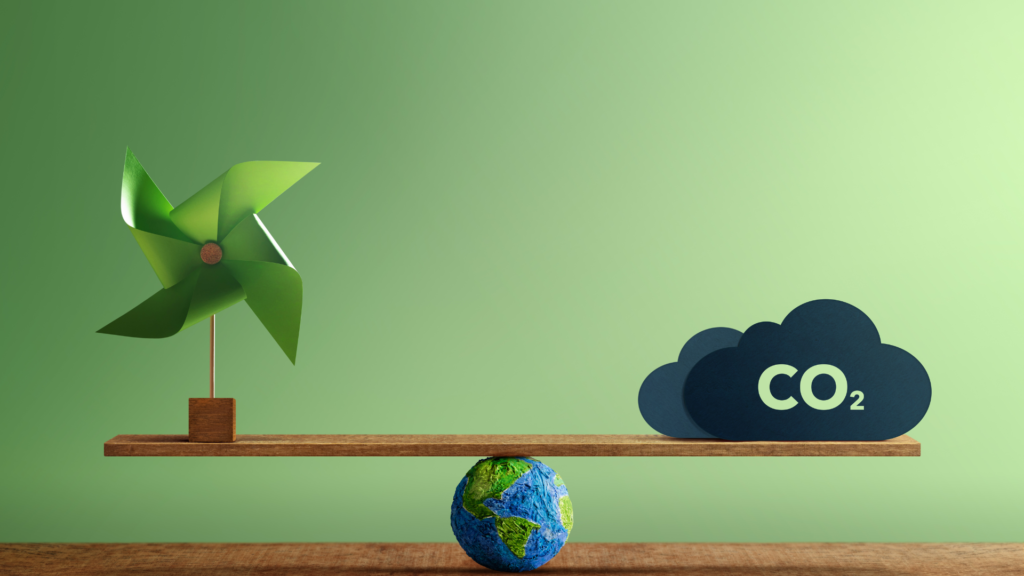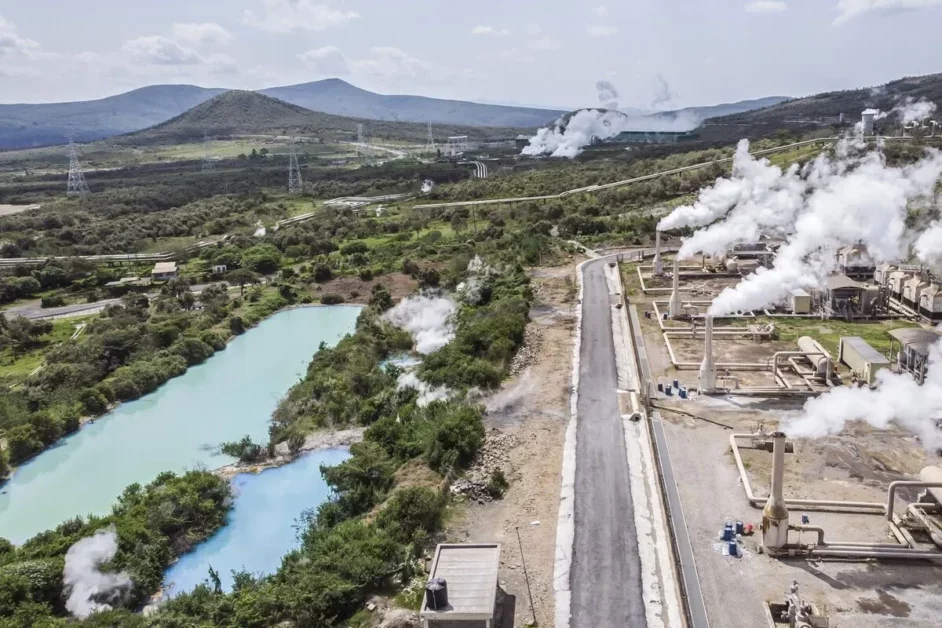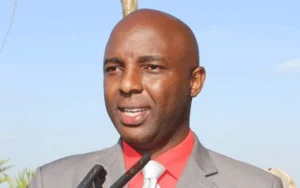Although selling carbon credits could generate vast sums of money for Africa, it is debatable if doing so could prevent the rise in global temperatures.

This analysis was given by BBC environment reporter Navin Khadka in response to Saudi Arabia’s acquisition of more than two billion tonnes of carbon credits earlier this week in an auction in Kenya.
Companies can employ carbon offsets to achieve net zero without cutting their own emissions. Through the system of carbon credits, they compensate other countries or communities by using clean stoves, for instance, or by capturing and storing carbon from the atmosphere through protected and regenerated forests.
Read Also:Kenya Makes Biggest Carbon Credits Transaction Worldwide
“If buyers keep on buying credits and keep on emitting, will that help the bigger cause of limiting our temperature rise to 1.5C is the question widely asked. The fear is it might worsen the situation if polluters use it as a license to carry on with business as usual,” Khadka told the BBC Focus on Africa podcast.
Kenya’s Trade Cabinet Secretary Moses Kuria, pointed out that before the auction on Wednesday, countries like Kenya had already paid a significant price as a result of carbon emissions from the rest of the globe.
“Just last year, the country lost animals worth more than Ksh84.06 billion as a result of drought which is closely associated with climate change,” he said.
According to the BBC source, the global market for carbon credits might reach Ksh7 trillion by 2023, with a significant amount of that sum going toward initiatives like tree planting and renewable energy.
Subscribe to our YouTube channel Switch TV
An important part of the worldwide effort to tackle climate change is expanding the voluntary carbon market, which allows companies to partially offset their emissions by supporting projects that would store the greenhouse gas.
















